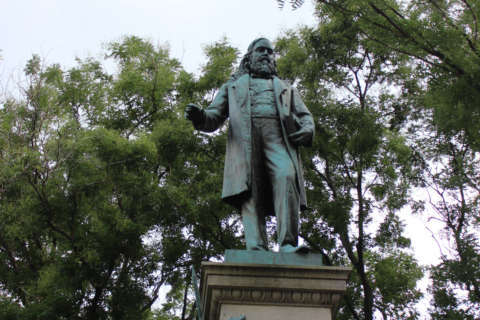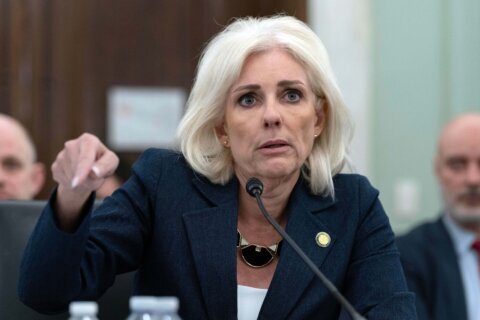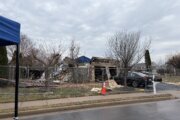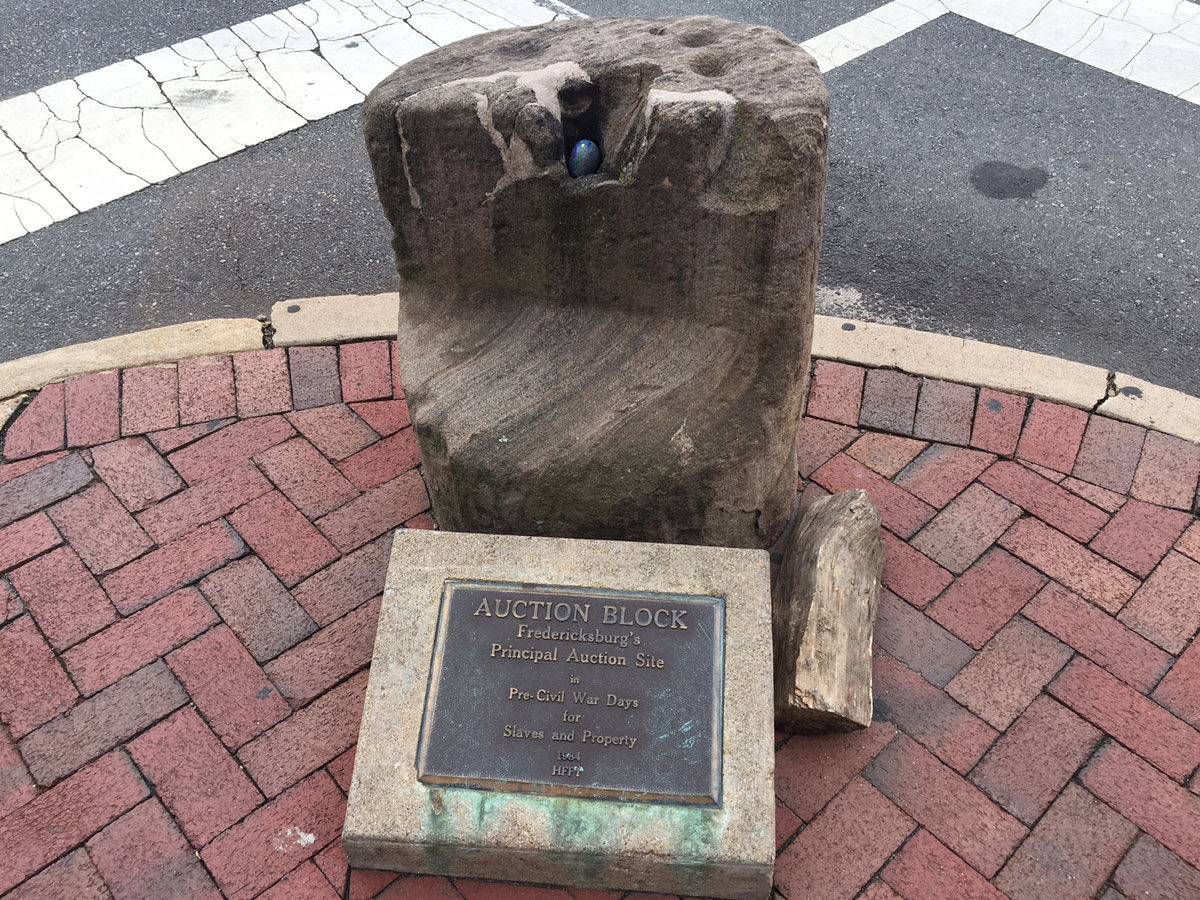
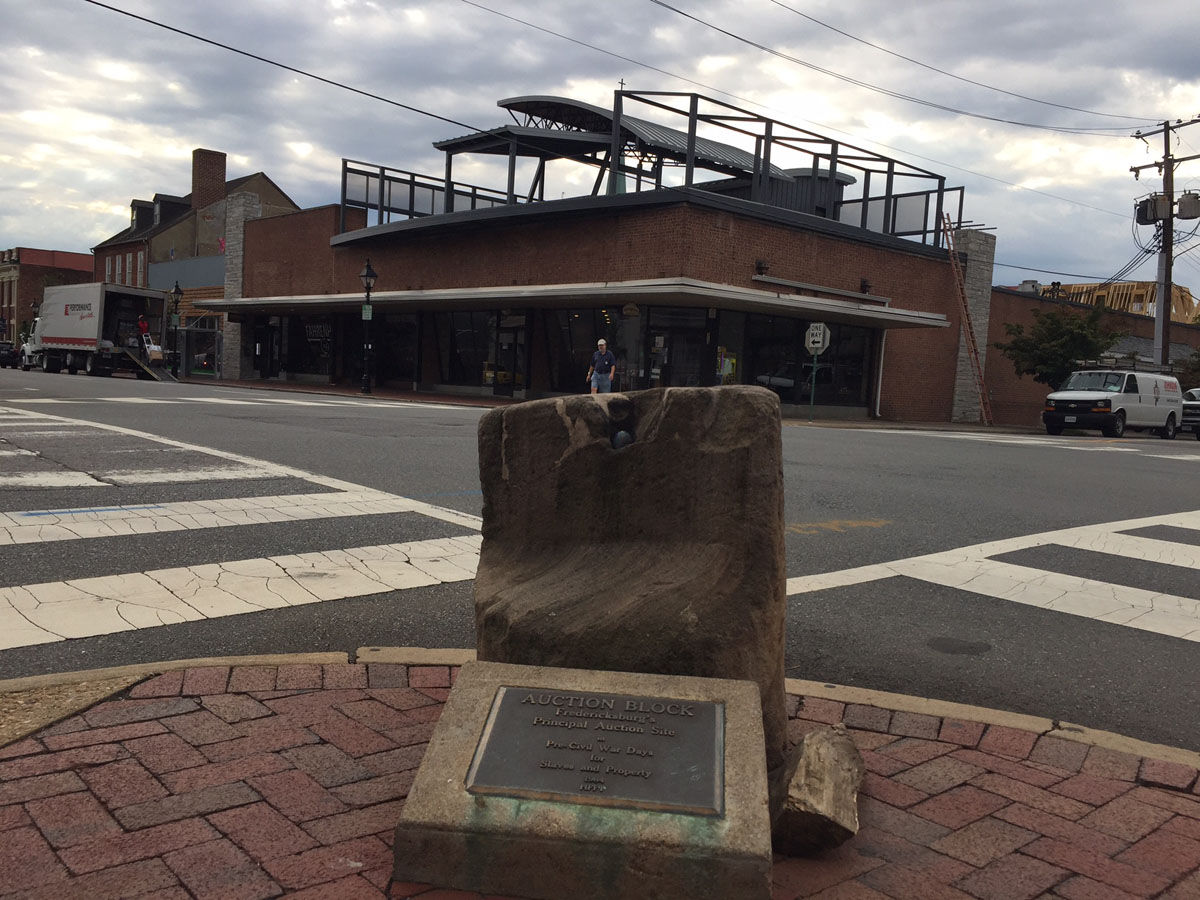
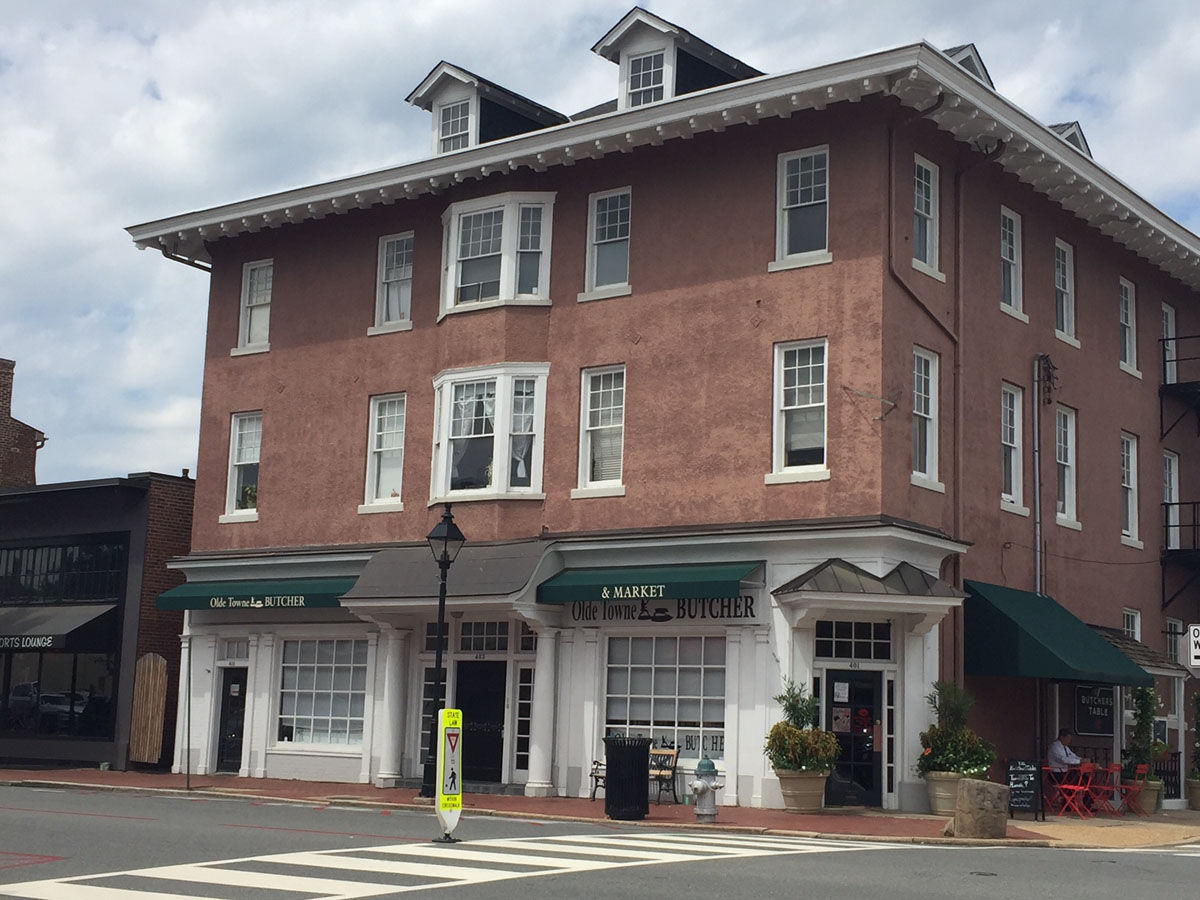
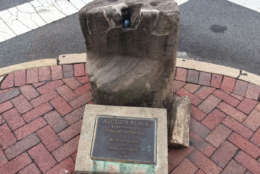
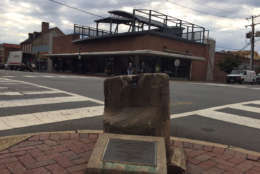
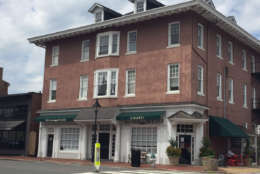
FREDERICKSBURG, Va. — The Fredericksburg City Council is considering what to do about a historic auction block’s future.
“Fredericksburg’s history is very much the nation’s history,” Mayor Mary Katherine Greenlaw told WTOP. “The good and the bad.”
The good is well-documented: the homestead of George Washington’s mother, Mary, and the battles fought in and around Fredericksburg during the Civil War.
However, an old auction block — concrete and not much taller than a fire hydrant — is one of the city’s reminders of its history in the slave trade.
“And the question is how to appropriately and respectfully remind people of the bad as well as the good,” Greenlaw stated.
The city council acted Tuesday night to authorize the mayor, the city manager, and Councilor Charlie Frye to develop recommendations about what to do with the auction block because of recent interest expressed in it.
Some possibilities include moving it to a museum or adding more information to it to tell a fuller story of its past.
Greenlaw noted that the city has taken several steps to include statues and broaden the story of the city’s slave trade further down William Street. A block away at Princess Anne Street and another one more block away at Caroline Street.
It is not clear how long the auction block has stood at the corner of Charles and William Streets, but Greenlaw said the old hotel that still stands at the intersection next to the block was the site of several auctions selling property and slaves.
“We know that there were advertised sales of slaves from that corner,” Greenlaw said.
This is not the first time there has been interest in moving the artifact.
“Interestingly enough, in 1924, the Chamber of Commerce asked the city council to consider removing it and at that time they chose not to,” shared Greenlaw.
This discussion comes amid debate about the purpose and future of Confederate monuments and memorials across the country, especially in Charlottesville just 90 minutes away where violence erupted at a protest earlier this month.
Greenlaw says this auction block is nothing like a Confederate statue or the naming of a highway.
“This is an artifact,” Greenlaw firmly stated. “This is the history. It is not a memorial, it is not a monument, it’s not something placed after the fact. It is the history.”
And in a town full of history, it is a patch highlighting one of the city’s darkest moments.

